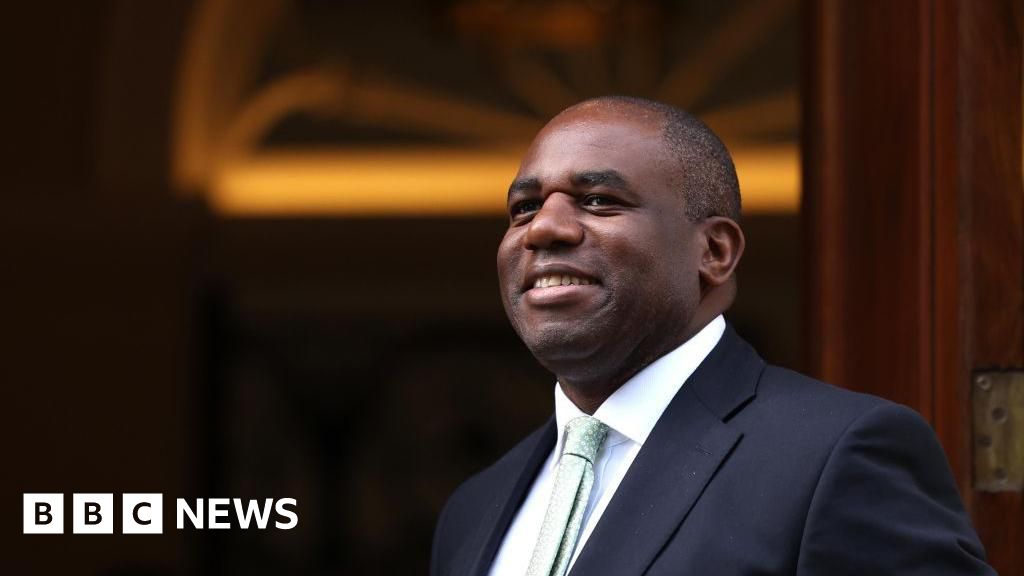Britain’s Foreign Secretary David Lammy has arrived in India for talks with ministers and business leaders.
The visit is being billed as an attempt to reset Britain’s relationship with the country and the Global South.
Mr Lammy has called India “an indispensable partner” in the government’s efforts to grow the economy and tackle climate change.
With the country’s economy soon to be the third largest in the world, the new Labour government is eager to secure a free trade agreement.
Just three week’s old, Sir Keir Starmer’s administration has set its sight on India early. If Labour wants growth, British firms will need to do more business in the country.
Talks about a free trade agreement with India have been stalled for months, following negotiations over the last two years.
In March, India signed a free trade agreement with Norway, Switzerland, Iceland and Liechtenstein, which are all non-European Union states.
The foreign secretary said reinforcing the UK’s commitment to secure a deal would be a floor, not a ceiling, to Britain’s ambitions.
Last year, sources from the former Conservative government said trade talks with India were reaching their “final but trickier” stages.
A trade deal with India has long been seen in government as one of the biggest prizes of all deals the UK could strike with other nations following Brexit.
Earlier this month, Mr Lammy’s first foreign trip as a cabinet member saw him meeting with various European leaders across the continent in an effort to improve relations between the UK and the EU.
But this latest trip is about more than economics.
India sees itself as a key player in the Global South and Mr Lammy said he wanted to reset Britain’s relations with these developing countries.
With political instability in Europe and the US, the government is looking to improve relations with other allies and that includes a country Mr Lammy calls the emerging superpower of the 21st century.

